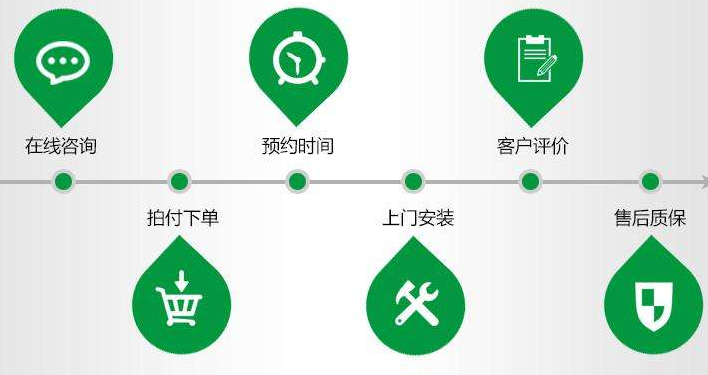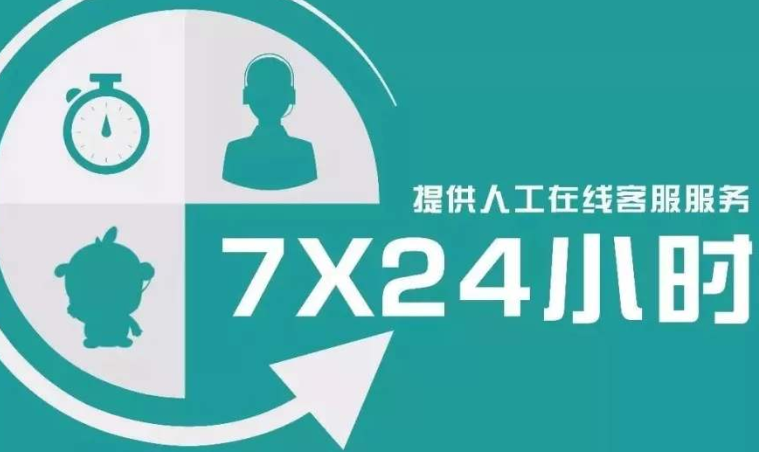In this article, we will explore the various ways to express prices in the English language. We will discuss the different ways of stating prices, including both formal and informal expressions. This article aims to provide a comprehensive understanding of price-related vocabulary, enabling readers to communicate effectively in economic and commercial contexts.

Formal expressions are commonly used in business and official settings. Prices in formal English are stated clearly and precisely, usually with the currency symbol and decimal points. For instance, "The price of the laptop is $1,200.00." Formal expressions also include words such as "cost," "value," or "rate" to describe the price of a product or service. These expressions are expected to be used in professional conversations.

Furthermore, in formal situations, when discussing prices, it is common to use adjectives such as "expensive," "affordable," "reasonably-priced," or "exorbitant" to provide additional context or opinion about prices. For example, "The luxury car is expensive, but it offers excellent features and performance."

Formal expressions are crucial in business negotiations, market analysis, and financial discussions, emphasizing precision and clarity in conveying price information.

Informal expressions are used in daily conversations, casual interactions, and social environments. In informal English, price-related conversations are often simpler and less detailed compared to formal situations. Informal expressions tend to omit decimal points or use approximations, making them more conversational and less precise. Examples include "The laptop costs around $500" or "The movie ticket is about ten bucks."

Moreover, colloquial expressions and idiomatic phrases are sometimes used to describe prices in informal conversations. For instance, instead of saying "The dress costs $100," one might say "The dress is a hundred dollars, give or take." These expressions add a touch of informality and familiarity to conversations about prices.

It is important to note that while informal expressions may be suitable for casual settings, they may not be appropriate in professional or business contexts, where formal expressions are preferred for their clarity and precision.

When discussing discounts and promotions, special expressions are used to convey reduced prices or sales. These expressions include phrases like "on sale," "discounted price," "special offer," or "buy one, get one free." They create an impression of a lowered price to attract customers. For instance, "The product is on sale for 50% off" or "Get a special discount of 20% on all items."

Additionally, to indicate a reduced price when compared to the original price, expressions like "marked down," "price drop," or "clearance sale" are used. These phrases create a sense of urgency and emphasize the opportunity to obtain a product at a lower cost. For example, "The price has been marked down by 30% due to the end-of-season sale."

Discounts and promotions are effective marketing techniques frequently used in the retail and e-commerce industries. The use of appropriate expressions is essential to effectively communicate reduced prices and attract potential customers.

In some situations, negotiating or haggling over prices is common. This often occurs in markets, auctions, or when purchasing second-hand items. Negotiation expressions allow inpiduals to discuss and agree upon a mutually acceptable price. Examples of negotiation phrases include "Could we work out a better price?" or "Is there any flexibility on the price?" Negotiation often involves counteroffers and comprises, with phrases like "I can offer X dollars" or "Would you consider reducing the price to Y dollars?"

When haggling, specific idiomatic phrases can be used, such as "the final price," "give me your best offer," or "let's meet halfway." These expressions reflect the bargaining and back-and-forth nature of haggling. Haggling is more informal and commonly practiced in certain cultures or situations.

It is essential to keep in mind that negotiation and haggling are situational practices and may not be suitable or acceptable in all contexts. They often occur in informal settings or when purchasing items that are not fixed in price.

To navigate price-related discussions effectively, understanding the various ways to express prices in English is vital. Formal expressions ensure precision and clarity, while informal expressions add conversational flair. Discounts and promotions rely on attention-grabbing phrases to attract customers, while negotiation and haggling enable inpiduals to reach mutually agreeable prices. By mastering these expressions, inpiduals can communicate confidently in various price-related contexts, be it in business, social, or everyday situations.
标题:多少钱在英语里怎么说(英语中表示价格的方式及说法)
地址:http://www.cdaudi4s.com/heji/132514.html

